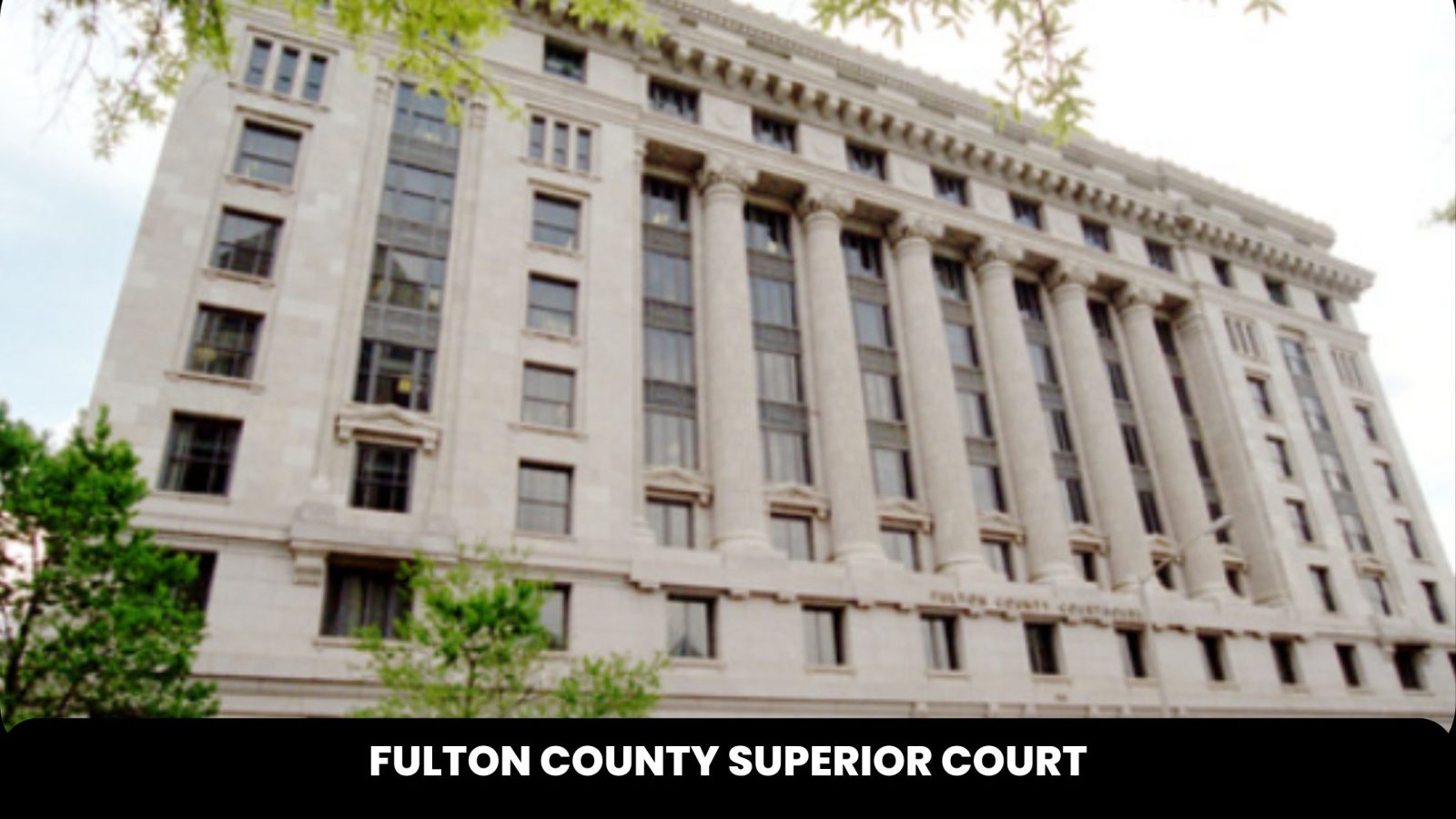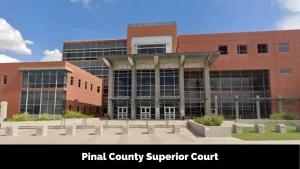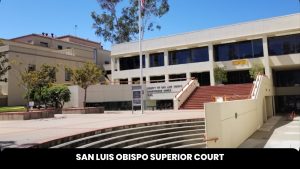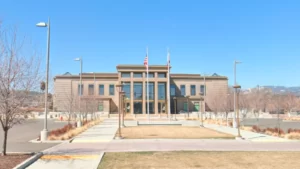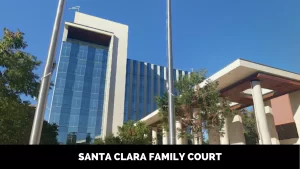Fulton County Superior Court: Understanding the Legal System in Georgia
The Fulton County Superior Court is a legal institution in the state of Georgia that handles various types of civil and criminal cases. As one of the busiest courts in the state, it is important for residents and visitors to understand how the Fulton County Superior Court operates and what its role is in the Georgia legal system. In this article, we will provide a comprehensive overview of the Fulton County Superior Court, including its history, jurisdiction, types of cases it handles, and the legal procedures involved.
History of Fulton County Superior Court
The Fulton County Superior Court was established in 1853 as part of a general reorganization of the state court system. It is one of the oldest superior courts in the state of Georgia and has undergone several changes throughout its history. Originally, the court was responsible for handling all civil and criminal cases in the county. However, with the passage of new laws and the establishment of new courts, the jurisdiction of the Fulton County Superior Court has evolved over time.
Jurisdiction of the Court
The Fulton County Superior Court has original jurisdiction over all felony criminal cases and most civil cases in Fulton County. This means that the court has the authority to hear and decide cases that are filed directly with it, rather than cases that are appealed from lower courts. The court also has appellate jurisdiction over certain cases that are appealed from lower courts or administrative agencies.
Types of Cases Handled
The Fulton County Superior Court handles a wide range of civil and criminal cases. Some of the most common types of cases that are heard in the court include:
Civil Cases
- Contract disputes
- Personal injury claims
- Divorce and family law cases
- Real estate disputes
- Probate and estate matters
Criminal Cases
- Felony charges, such as murder, robbery, and drug offenses
- Certain misdemeanor charges, such as DUI and domestic violence
- Juvenile delinquency cases
- Appeals from lower courts
Legal Procedures in Fulton County Superior Court
The legal procedures involved in a case filed in the Fulton County Superior Court can be complex and lengthy. The following is a general overview of the main stages involved in a civil or criminal case:
Filing a Case
To start a case in the Fulton County Superior Court, a party must file a complaint or petition with the court. The filing fee for civil cases varies depending on the type of case, but is generally several hundred dollars. Criminal cases are filed by the district attorney’s office or the state attorney general’s office.
Pre-Trial Procedures
After a case has been filed, the parties involved must engage in various pre-trial procedures, such as discovery and motion practice. During discovery, the parties exchange information and evidence relevant to the case. During motion practice, the parties may file motions asking the court to rule on certain issues or dismiss the case entirely.
Trial
If the case is not dismissed during pre-trial procedures, it will proceed to trial. During the trial, both sides present evidence and argue their case before a judge or jury. The judge or jury then decides the outcome of the case.
Post-Trial Procedures
After the trial is over, there may be additional post-trial procedures, such as motions for a new trial or appeals. In some cases, the losing party may choose to appeal the case to a higher court.
Appeals
If a party is not satisfied with the outcome of the case, they may have the option to appeal the decision to a higher court. The appeal must be filed within a certain period of time and the appellant must provide a written brief explaining why they believe the lower court’s decision was incorrect.
Judges of Fulton County Superior Court
The Fulton County Superior Court is comprised of several judges, each of whom is responsible for presiding over different cases. The judges are appointed by the governor and serve a term of four years. In addition to hearing cases, the judges of the Fulton County Superior Court are also responsible for supervising court staff, managing court operations, and making decisions on various administrative matters.
Fulton County Superior Court Case Search
If you need to find information on a case that is currently being heard in the Fulton County Superior Court, you can use the court’s online case search tool. This tool allows you to search for case information by party name, case number, or filing date. You can also view a list of all cases scheduled to be heard on a particular day.
Fulton County Superior Court Clerk
The Clerk of the Fulton County Superior Court is responsible for managing court records, processing court documents, and assisting court personnel and the public with court-related matters. The Clerk’s office is located in the Fulton County Justice Center Tower and is open to the public during regular business hours.
Fulton County Court Docket
The Fulton County Court Docket provides information on upcoming court dates, including the date and time of the hearing, the judge assigned to the case, and the type of case being heard. You can view the court docket online or in person at the Clerk’s office.
Fulton County State Court
In addition to the Fulton County Superior Court, there is also a Fulton County State Court that handles a variety of civil and criminal cases. The State Court is located in the Fulton County Courthouse and has its own Clerk’s office and case search tool.
Fulton County Case Search Criminal
If you are looking for information on a criminal case in Fulton County, you can use the online case search tool provided by the Fulton County Superior Court or State Court. This tool allows you to search for information on criminal cases by defendant name, case number, or filing date.
Fulton County Superior Court Calendar
The Fulton County Superior Court Calendar provides information on upcoming court dates, including the date and time of the hearing, the judge assigned to the case, and the type of case being heard. You can view the court calendar online or in person at the Clerk’s office.
Fulton County Divorce Records
If you need to obtain a copy of a divorce decree that was issued by the Fulton County Superior Court, you can do so by contacting the Clerk’s office. You will need to provide the name of the parties involved, the date of the divorce, and the case number if possible.
Conclusion
The Fulton County Superior Court is a vital part of the Georgia legal system, responsible for handling a wide range of civil and criminal cases. Whether you are a resident or visitor to Fulton County, it is important to understand the role of this court and the legal procedures involved in filing and litigating a case. By understanding the history, jurisdiction, and procedures of the Fulton County Superior Court, you can better navigate the legal system and protect your rights.
FAQs
- How do I file a case in the Fulton County Superior Court?
- To file a case in the Fulton County Superior Court, you must complete a complaint or petition form and file it with the court along with the appropriate filing fee.
- What types of cases does the Fulton County Superior Court handle?
- The Fulton County Superior Court handles a wide range of civil and criminal cases, including contract disputes, personal injury claims, felony criminal cases, and juvenile delinquency cases.
- Can I appeal a decision made by the Fulton County Superior Court?
- Yes, you may have the option to appeal a decision made by the Fulton County Superior Court to a higher court.
- How are judges appointed to the Fulton County Superior Court?
- Judges of the Fulton County Superior Court are appointed by the governor and serve a term of four years.
- What is the role of the judges in the Fulton County Superior Court?
- In addition to hearing cases, the judges of the Fulton County Superior Court are responsible for managing court operations, supervising court staff, and making decisions on administrative matters.

